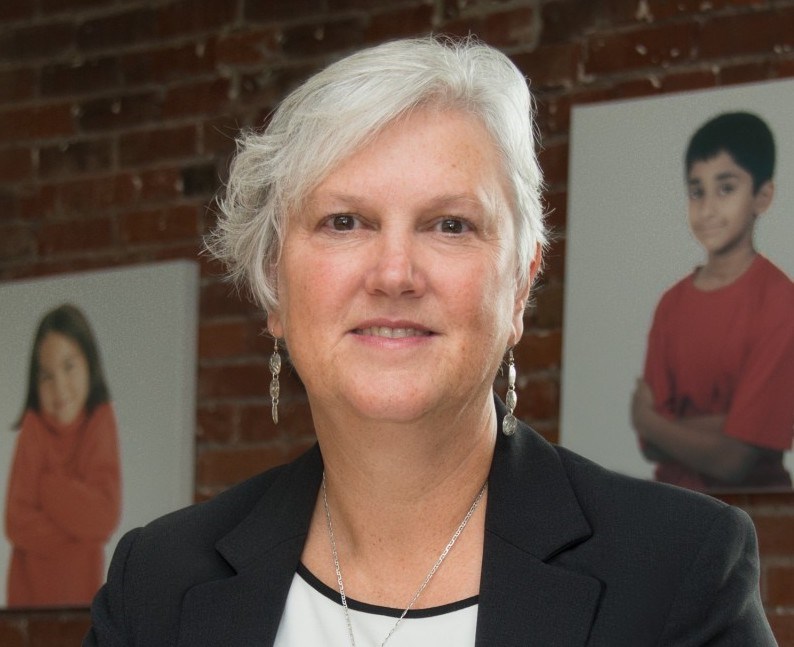The “abhorrent” neglect of a young boy with autism has prompted B.C.’s child watchdog to call for an overhaul of provincial services for children with special needs.
In a report released Monday, Jennifer Charlesworth, representative for children and youth, says the 12-year-old boy was removed from his mother’s care on the Lower Mainland in 2016 after being found “naked and filthy, severely underweight, unable to walk, and living in a bedroom covered in garbage and feces.” He had been screaming for half an hour before police arrived at the home.
The signs of neglect were “so abhorrent that first responders who arrived at the home were traumatized,” says the 124-page report, Alone and Afraid.
Despite the fact his family had been known to the Ministry of Children and Family Development since 2006, the boy “endured years of malnutrition, inadequate and sporadic services to address his extreme special needs, and little education or socialization,” the report says.
There were eight formal reports to the ministry from people concerned about the boy’s well being and the ministry did four child protection assessments without ever seeing the boy, Charlesworth says.
Nearly three years later, Charlesworth reports that the boy is living in a foster home and doing well. He’s back in school, healthy and well-nourished, the report says. “He is described by those who know him best as affectionate, clever and observant.”
Charlesworth told reporters Monday that the case highlights broad, ongoing issues with the systems that were supposed to protect the boy, but largely ignored repeated warning signs.
The report notes that the boy was hospitalized twice and doctors raised concerns early on that he was being neglected, but there was little to no follow-up.
Similarly, he thrived in school, yet when he stopped attending regularly and a principal raised concerns, the ministry took no action. Eventually the boy left school altogether and nobody checked to see if he was getting an education at home.
The ministry also failed to identify the boy as a First Nations child and never linked him to his extended family and culture.
The boy’s mother struggled to cope with her son’s needs, poverty, mental issues and substance use, yet she, too, went mostly unnoticed and never received respite care for the boy.
Charlesworth stressed that her report was not meant to cast blame on social workers, but to shine a light on the system’s shortcomings.
She told reporters that social workers face heavy caseloads and are under pressure to close files.
The workload issues continue to this day, she said, so it’s “highly likely” there are other cases where social workers are assessing child protection concerns without laying eyes on the children involved.
The report calls on the ministry to conduct a thorough review of its ability to help children and youth with special needs.
“The ministry should examine funding, staffing levels and workloads, program delivery and wait times, identify necessary improvements to the system and take action so that children with special needs and their families can be consistently well-served.”
Charlesworth recommends immediate steps to reduce wait lists for respite care and make sure that families are taking advantage of the autism funding available to them.
Minister of Children and Family Development Katrine Conroy said she was “horrified” by the report and called it “simply inexcusable” that social workers failed to check on the boy despite repeated red flags.
“The failings outlined in this case must be addressed,” she said. “They are against policy and the province needs a system that ensures social workers are able to put eyes on kids who are subject of protection concerns.”
Conroy said the government will fix the problems identified in the report, but she was unable to say how long that will take or how much it will cost. The ministry is already developing a framework to guide the delivery of services so as to better support children and youth with special needs, she said.
In addition, the provincial director of child welfare is making collaboration a priority so that children don’t slip through the cracks.
Charlesworth recommends the government consider using a case coordinator to improve information sharing between the Children’s, Health and Education ministries. She says one person with a clear understanding of the file likely would have made a difference in this case by helping the family navigate the system and get access to all the necessary services.



